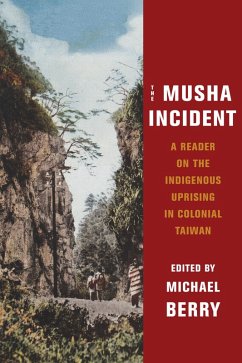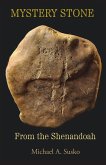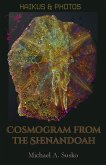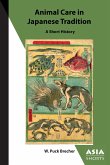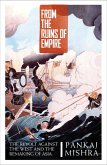On October 27, 1930, members of six Taiwanese indigenous groups ambushed the Japanese attendees of an athletic competition at the Musha Elementary School, killing 134. The uprising came as a shock to Japanese colonial authorities, whose response was swift and brutal. Heavy artillery and battalions of troops assaulted the region, spraying a wide area with banned poison gas. The Seediq from Mhebu, who led the uprising, were brought to the brink of genocide.
Over the ensuing decades, the Musha Incident became seen as a central moment in Taiwan's colonial history, and different political regimes and movements have seized on it for various purposes. Under the Japanese, it was used to attest to the "barbarity" of Taiwan's indigenous tribes; the Nationalist regime cited the uprising as proof of the Taiwanese peoples' heroism and solidarity with the Chinese in resisting the Japanese; and pro-independence groups in Taiwan have portrayed the Seediq people and their history as exemplars of Taiwan's "authentic" cultural traditions, which stand apart from that of mainland China.
This book brings together leading scholars to provide new perspectives on one of the most traumatic episodes in Taiwan's modern history and its fraught legacies. Contributors from a variety of disciplines revisit the Musha Incident and its afterlife in history, literature, film, art, and popular culture. They unravel the complexities surrounding it by confronting a history of exploitation, contradictions, and misunderstandings. The book also features conversations with influential cultural figures in Taiwan who have attempted to tell the story of the uprising.
Over the ensuing decades, the Musha Incident became seen as a central moment in Taiwan's colonial history, and different political regimes and movements have seized on it for various purposes. Under the Japanese, it was used to attest to the "barbarity" of Taiwan's indigenous tribes; the Nationalist regime cited the uprising as proof of the Taiwanese peoples' heroism and solidarity with the Chinese in resisting the Japanese; and pro-independence groups in Taiwan have portrayed the Seediq people and their history as exemplars of Taiwan's "authentic" cultural traditions, which stand apart from that of mainland China.
This book brings together leading scholars to provide new perspectives on one of the most traumatic episodes in Taiwan's modern history and its fraught legacies. Contributors from a variety of disciplines revisit the Musha Incident and its afterlife in history, literature, film, art, and popular culture. They unravel the complexities surrounding it by confronting a history of exploitation, contradictions, and misunderstandings. The book also features conversations with influential cultural figures in Taiwan who have attempted to tell the story of the uprising.
Dieser Download kann aus rechtlichen Gründen nur mit Rechnungsadresse in A, D ausgeliefert werden.

